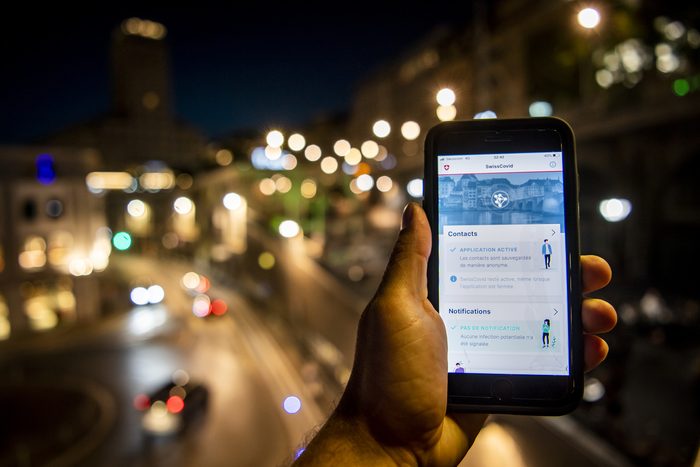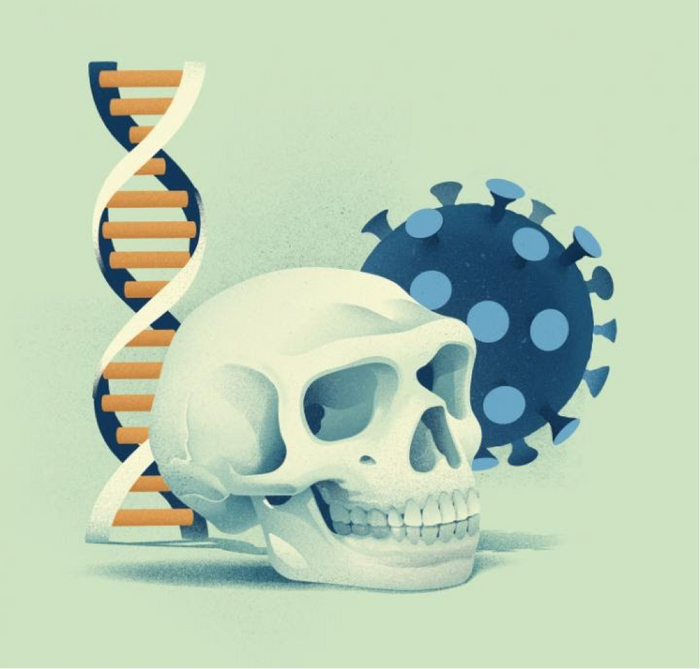|
Neandertal and us: such an interlinked story.
Once again, our closest ‘cousin’, Neandertal, far from being only another hominin very distant in history, is scientifically helping us to understand both the present - the COVID-19 pandemic - and, maybe, us, our brain and our endless wisdom.
A new research has shown last week that a group of genes that reduces the risk of developing severe COVID-19 by about 20% has been inherited from Neanderthals. These genes, located on chromosome 12, code for enzymes that play a vital role in helping cells destroy the genomes of invading viruses! According to the scientists, “this genetic variant was passed to humans around 60,000 years ago via interbreeding between modern humans and Neanderthals.”
And a few days before, another team managed to recreate a Neandertal “mini-brain” in a Petri dish. “What is it about DNA that makes the human brain ‘human’?”, asks the journal Science, which also published the article (see below). Seeking to understand how our complex brains evolved, researchers have now, with modern genome-editing tools (CRISPR) switched a single human gene out for its Neanderthal counterpart in brain tissue grown in a lab dish. Changes to the resulting organoid reveal the role this gene may have played in ancient – and modern – brain development.”
In two very different ways, Neandertal, albeit extinct, brings light on our humanity. Twice thanks for that.
- Olivier Dessibourg
|










